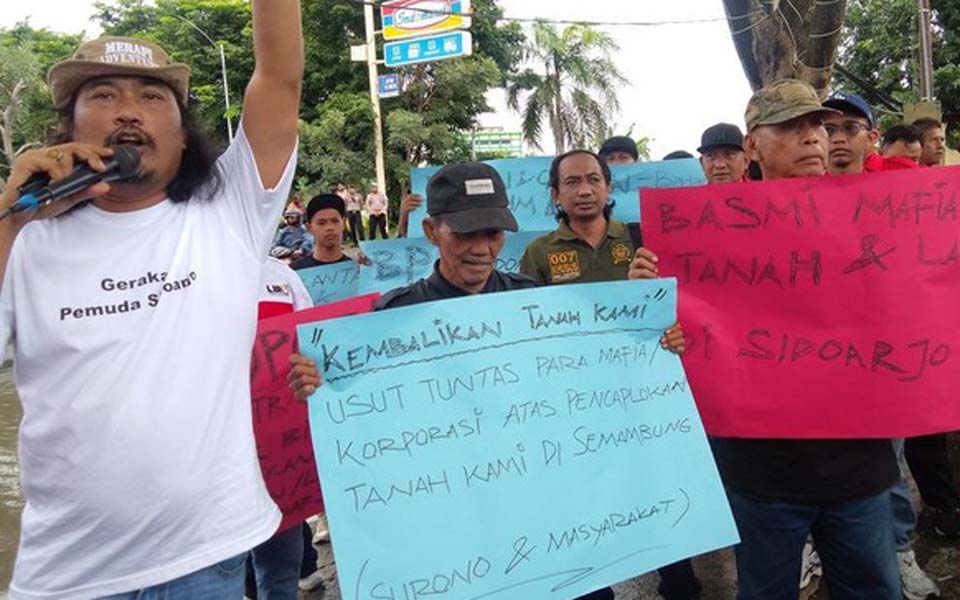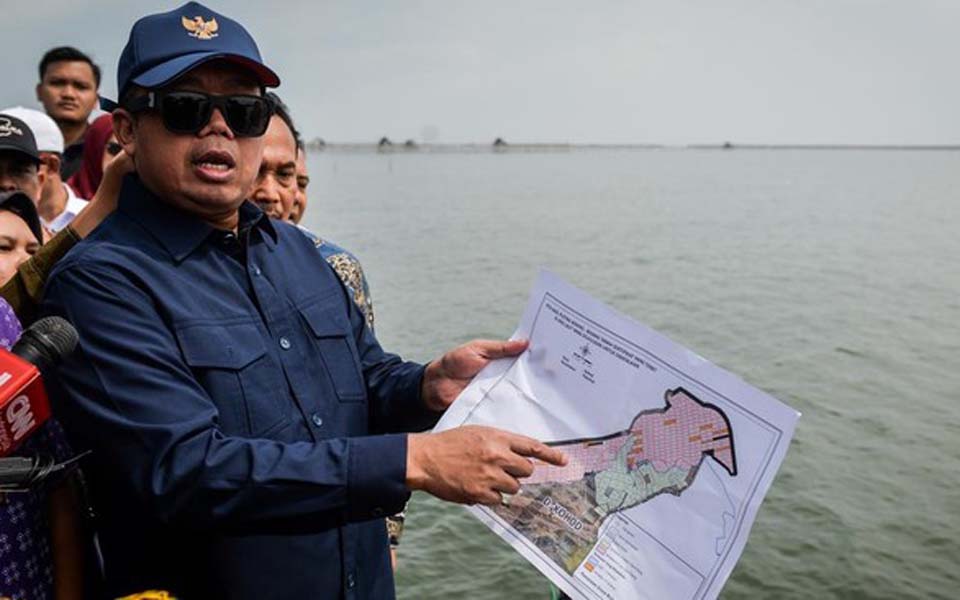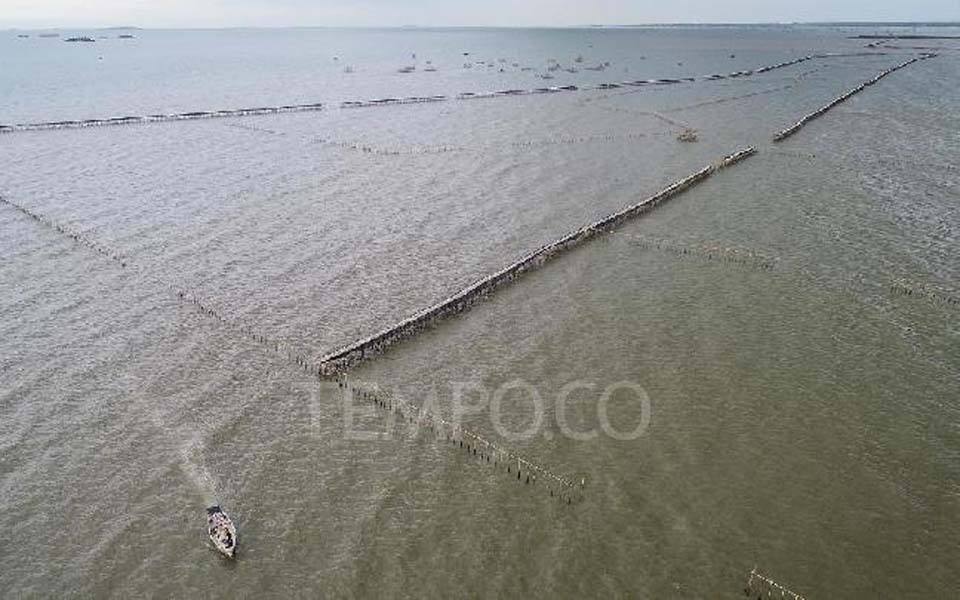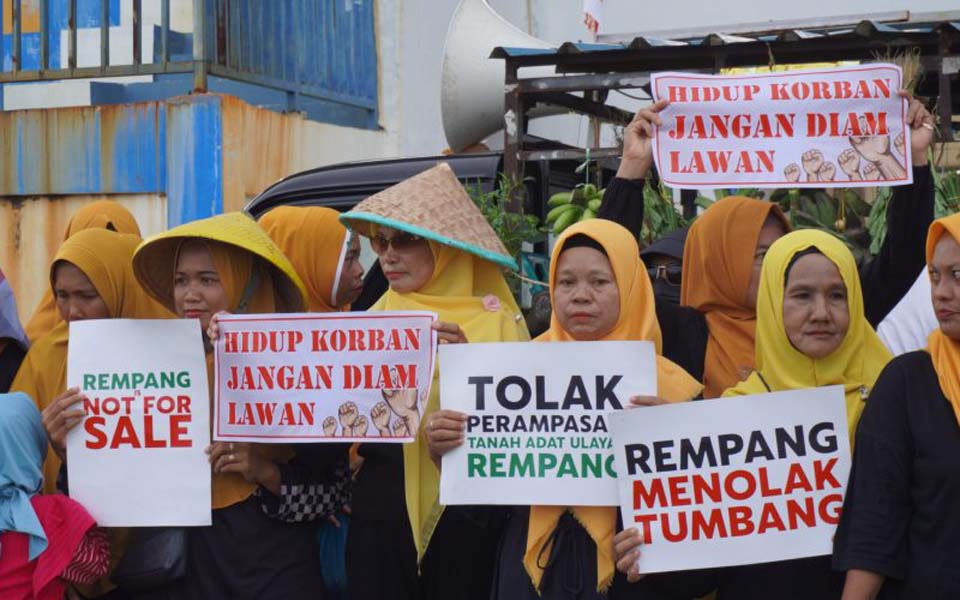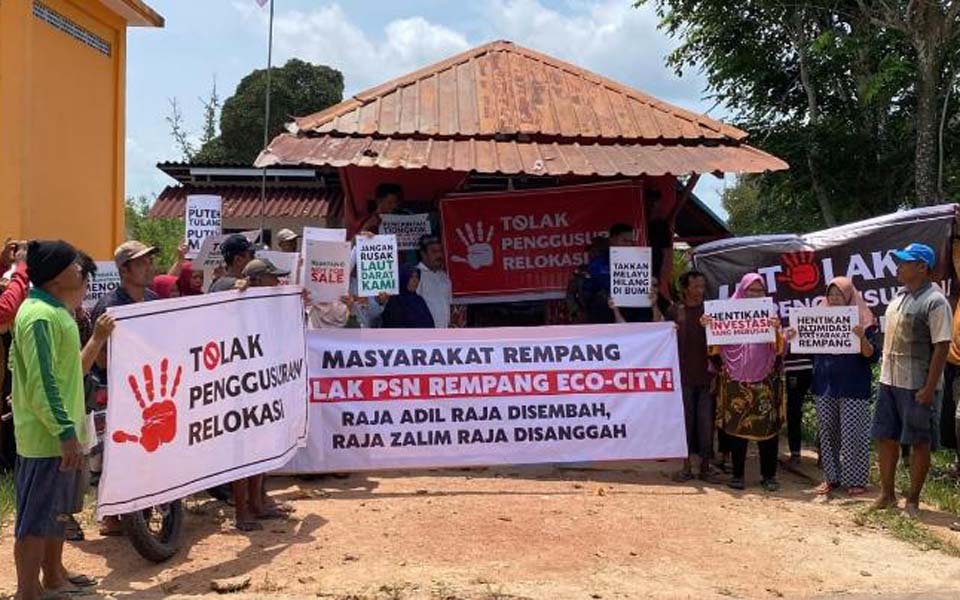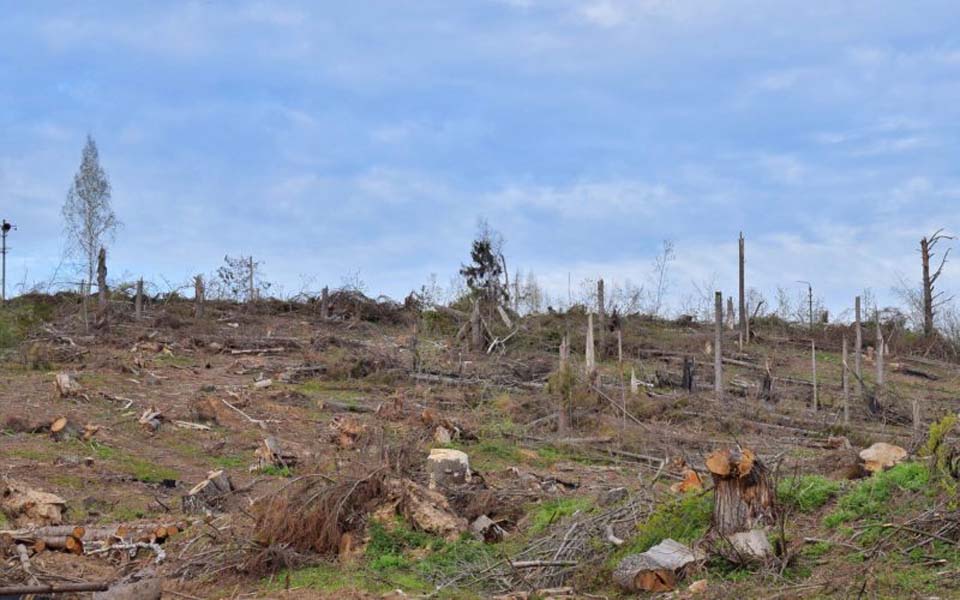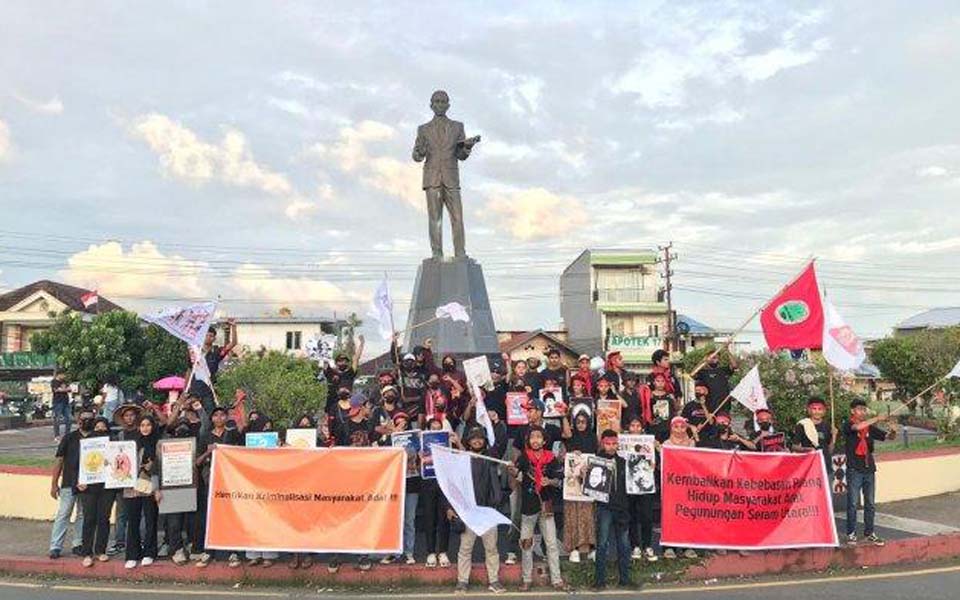The government must review regional regulations on zonal planning for coastal areas and small islands in various parts of the country which have resulted in the forced eviction of local communities.
These regional regulations have detached fisherpeople, salt farmers and other community groups from their source of livelihood.
In many regions, zonal planning bylaws have allocated a far too large proportion to industry, infrastructure and mining activities. On the other hand, fisherpeople have been neglected.
In Lampung, South Sumatra for example, the regional government has allocated some 12,585 hectares of coastal area and islands for eco-tourism and 2,549 hectares for mining. Fisherpeople have only been given 11 hectares.
Likewise in South Kalimantan. The government has allocated 100,086 hectares for mining, 187,946 for military training and 188,495 hectares for ports. Fisherpeople meanwhile, only got 37 hectares.
The source of the problem is Law Number 1/2014 on the Management of Coastal Areas and Small Islands which requires regional governments to draft regional zoning plans for coastal areas and small islands.
As many as 21 provinces have ratified such regional regulations. Unfortunately, the development of business and elite housing areas takes precedence over the rights of coastal communities.
The majority of bylaws are drafted without listening to the wishes of coastal communities. Yet, one-fourth of Indonesia’s poor – some 7.8 million people – depending upon the sea for their living.
The People’s Coalition for Fisheries Justice (Kiara) notes that 48 reclamation projects resulted in 700 thousand fishing families being forcibly evicted from their place of residence in 2018.
The central government’s National Tourism Strategic Areas project in Mandalika and Labuan Bajo has also resulting in mass evictions. Over the last five years, projects in West Nusa Tenggara and East Nusa Tenggara have resulted in around 2,000 fisherpeople being evicted from their homes. Most of these people were categorised as poor.
The other impact of the excessive exploitation of coastal areas is environmental damage. This is both the direct damage caused by mining in and around beaches as well as the indirect damage to marine ecosystems as a result of reclamation projects and the dredging of sand for these projects.
Because of this therefore, the central government through the Ministry of Home Affairs needs to reevaluate some 21 coastal zoning bylaws. This evaluation can be based on Constitutional Court ruling Number 3/PUU-VIII/2010 which annulled Law Number 27/2007, the predecessor of Law Number 1/2014 on the Management of Coastal Areas and Small Islands.
All of the articles annulled by the Constitutional Court related to the right to control coastal waters and were declared to be in conflict with Article 28 of the 1945 Constitution on the right to maintain life and livelihoods along with Article 33 on the economy and prohibitions against monopolies. It is not out of the question that regional governments have ignored this decision when drafting bylaws.
Furthermore, 13 other regional governments must avoid the errors of their neighbours. The way to do this is to involve coastal communities when discussion zonal regulations. Communities must be seen as subjects, not just objects of development.
[Translated by James Balowski. The original title of the article was “Kembalikan Pesisir kepada Nelayan”.]
Source: https://kolom.tempo.co/read/1217881/kembalikan-pesisir-kepada-nelayan/








